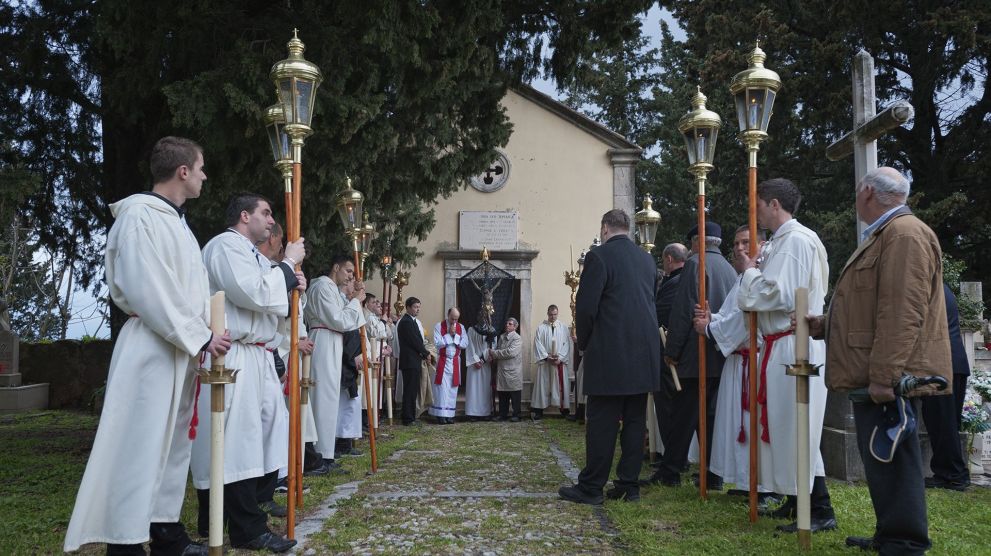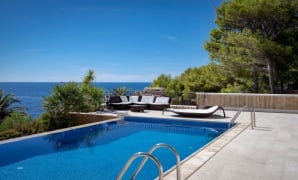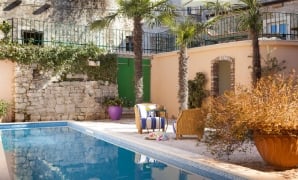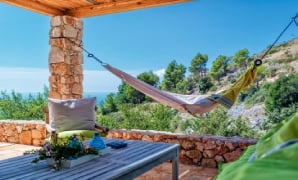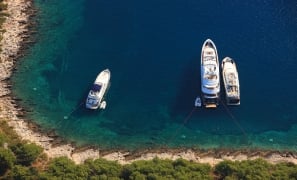A Time of Contemplation and Joy
Easter on Hvar is a unique experience on Croatia's premier island, a time of family joy and religious celebration, and one which few tourists observe.
Spring is in the air, in more ways that one. As one of the most important religious festivals of the year, extended family from Zagreb and beyond descend on the island to spend time with family and celebrate the Easter experience. It is also the moment when the island tends to come out of its winter hibernation in preparation for the new season, so a time of hope and optimism.
Religion is a key part of the Hvar tradition and heritage, and there are many Easter processions all over the island in Holy Week, each with its own unique aspects and long history. Most famous of all, of course, is the UNESCO intangible heritage Za Krizen (Behind the Cross) procession, which has taken place year on year, every year (inluding in a refugee camp in the Sinai Desertin Egypt during the Second World War) for over 500 years.
The procession, which is actually six simultaneous processions departing at 22:00 on Maundy Thursday from Jelsa, Pitve, Vrisnik, Svirce, Vrbanj and Vrboska, is led by a barefoot crossbearer, who carries a wooden cross which varies in weight from 10-18kg, along the 22km circular route through the other five villages and churches through the night, followed by his team of acolytes and pilgrims behind them. It is considered a great honour to carry the cross, and waiting times can be as long as 20 years, with some parents signing up their newborn children soon after birth.
Having visited the churches in each other village for a period of reflection and prayer en route, the procession arrives back at its point of origin about 07:00, at which point the exhausted crossbearer runs the final few metres, before dropping to his knees in front of the awaiting priest. The finale is particularly impressive in Jelsa, where the main square is full of locals and tourists (who are politely reminded that this is a religious event, and clapping is not welcome) waiting to greet the tired entourage.
A curious aspect of Easter on Hvar is that the church bells fall silent, and they do not ring from Maundy Thursday evening until Easter Sunday itself, which can be quite disconcerting to people living on the island, whose body clocks are organised by the hourly chimes. That silence is more than made up for on Easter Sunday, however, as the peeling of the bells is in line with the general joy of extended family and long lost friends gathering on the main square for coffee - there is no better time of year to visit the square in Jelsa than Easter Sunday, with everyone dressed in their Sunday best, full of joy, greeting everyone warmly.
A unique experience and feeling in Europe and the world. Don't miss it, at least once in your life.
*Author - Paul Bradbury
*Photo Credit - Rafael Janic Photography
